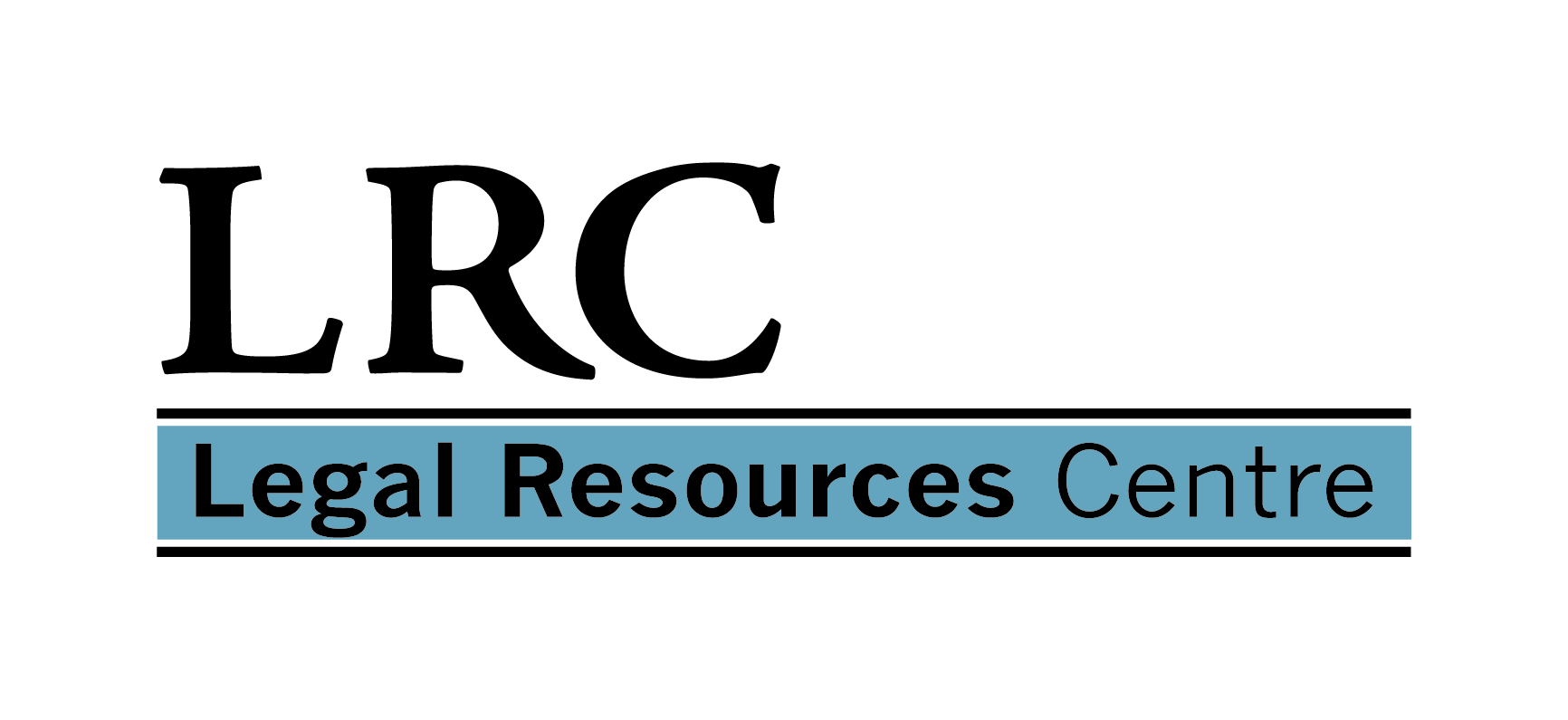The Legal Resources Centre played a pivotal role in drafting South Africa’s Constitution, helping to enshrine democratic values, social justice, and human rights, while continuing to protect and promote these principles through strategic litigation and advocacy in the post-apartheid era.
As South Africa transitioned from apartheid to democracy, the Legal Resources Centre (LRC) played a pivotal role in ensuring that the foundations of our new society would be rooted in justice, equality, and human rights. Central to this effort was our involvement in the drafting of the Constitution of the Republic of South Africa, a document that came into effect on 4 February 1997 and continues to serve as the cornerstone of our democracy.
Our Involvement in the Constitution-Drafting Process
Since our establishment in 1979, the LRC has worked tirelessly to challenge the systemic injustices of apartheid. By 1994, as South Africa moved towards democracy, we were recognized as a leading human rights organization, committed to advancing the rights of those who had been marginalized and excluded by the apartheid regime.
We were honored to be part of the constitution-drafting process, serving as amici curiae—friends of the court—during the negotiations. This role allowed us to provide our expertise in shaping a legal framework that would enshrine democratic values, social justice, and fundamental human rights. Our contributions ensured that the Constitution reflected the aspirations of a new, inclusive South Africa, where every person would be treated with dignity and fairness.
One of our founding members, Arthur Chaskalson, was appointed by President Nelson Mandela as the first President of the Constitutional Court in 1994. Under his leadership, we helped to establish key legal principles that would protect the rights of all South Africans, laying the groundwork for a democratic legal system that would correct the injustices of our country’s past.
A Vision for a New South Africa
The Constitution of 1996, which was approved by the Constitutional Court on 4 December 1996, was not merely a legal document—it was a blueprint for building a democratic society based on the principles of justice, equality, and freedom. Its preamble set forth the vision of healing the divisions of the past and establishing a society that values every individual’s inherent dignity.
The Constitution was guided by the following key objectives:
Building a democratic society based on social justice: The Constitution established a legal framework in which every person would be equally protected by the law and have access to the same opportunities, regardless of race, gender, or background.
Improving the quality of life for all citizens: By enshrining socio-economic rights, the Constitution aimed to uplift those who had been disadvantaged by apartheid and free the potential of every South African.
Creating a government based on the will of the people: This represented a significant departure from the apartheid regime, ensuring that government was truly representative and accountable to all citizens.
Uniting South Africa as a sovereign state within the global community: The Constitution affirmed South Africa’s commitment to human rights, democracy, and international cooperation.
We are proud to have played a role in shaping these principles, which continue to guide our work in protecting and promoting the Constitution.
Protecting and Advancing Constitutional Rights
When the Constitution took effect in 1997, the LRC extended its mandate to focus on enforcing the rights enshrined within it. We embarked on strategic litigation aimed at ensuring that the Constitution’s promises of equality, dignity, and freedom were not just aspirational, but lived realities for all South Africans.
Through our work in constitutional litigation, we have used the law to protect individuals’ rights and to hold the government accountable. Whether it’s fighting for access to education, healthcare, housing, or land, we have remained committed to ensuring that the Constitution serves as a tool for justice, particularly for those who remain vulnerable due to our country’s history of inequality.
Our legal victories have been instrumental in building a South Africa where the rights of every person are respected and upheld. We have fought to ensure that communities have access to clean water, healthcare, and adequate housing, and that the government fulfills its constitutional obligations to provide for the basic needs of all South Africans.
Continuing the Legacy of Justice
The Constitution of South Africa represents a powerful legacy of justice, equality, and democracy. It is a document that we at the LRC remain committed to protecting and promoting every day.
As we look to the future, the LRC will continue to defend the Constitution and its promise of human rights for all. Our work remains grounded in the vision that our founding members helped to craft—a vision of a South Africa where every person is treated with dignity, where social justice prevails, and where the law serves as a force for equality and freedom.
We are proud of the role we played in the creation of the South African Constitution, and we remain steadfast in our commitment to upholding its values. The journey from apartheid to democracy was hard-won, but the Constitution provides the foundation for a future built on justice, accountability, and the rule of law. As we continue this journey, the LRC will always stand at the forefront of the fight for human rights and equality in South Africa.






